5 extraordinary musicians made famous by the Tchaikovsky Competition
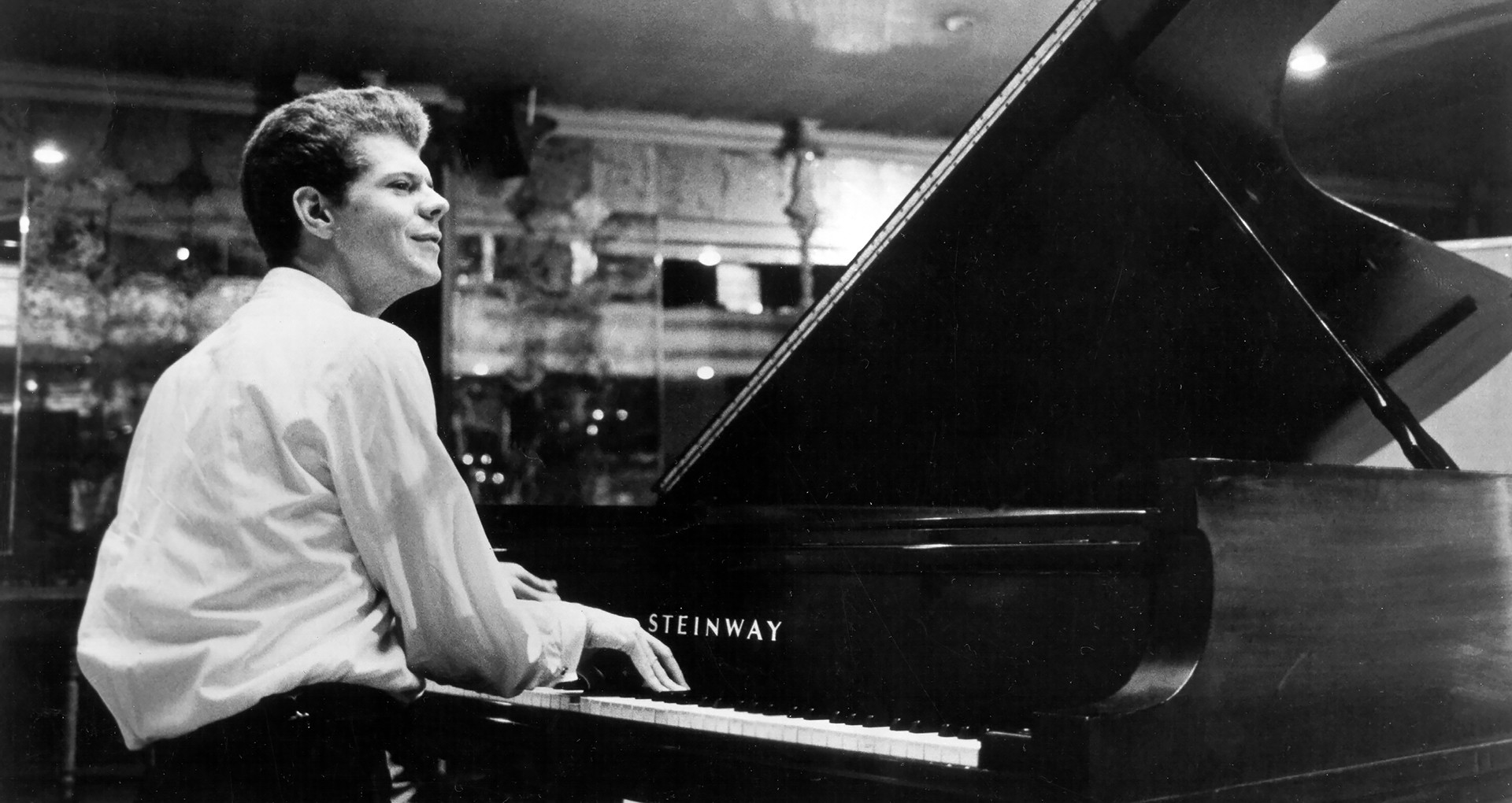
1. Van Cliburn
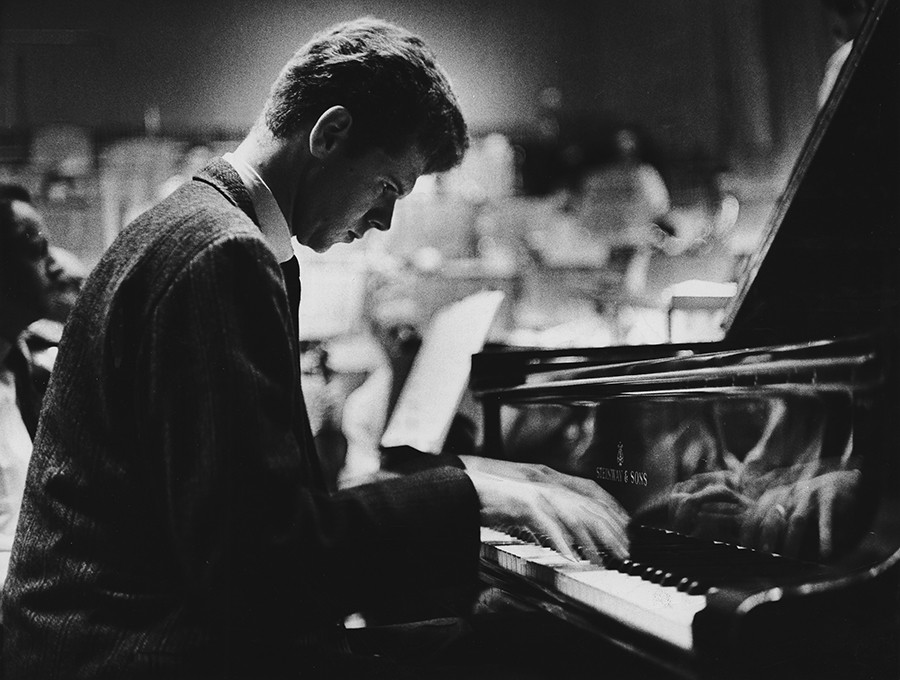
Nothing compares to the experience of this pianist at the first Tchaikovsky Competition in 1958. Back then competitions still had not turned into the enormous musical industry and
The victory in Moscow opened a huge musical world for Cliburn. He was the first classical musician to receive a Grammy and his recording of Tchaikovsky’s Piano Concerto No. 1 was the first among the “classics” to become platinum. The recording would later become platinum another two times.
2. Natalia Gutman
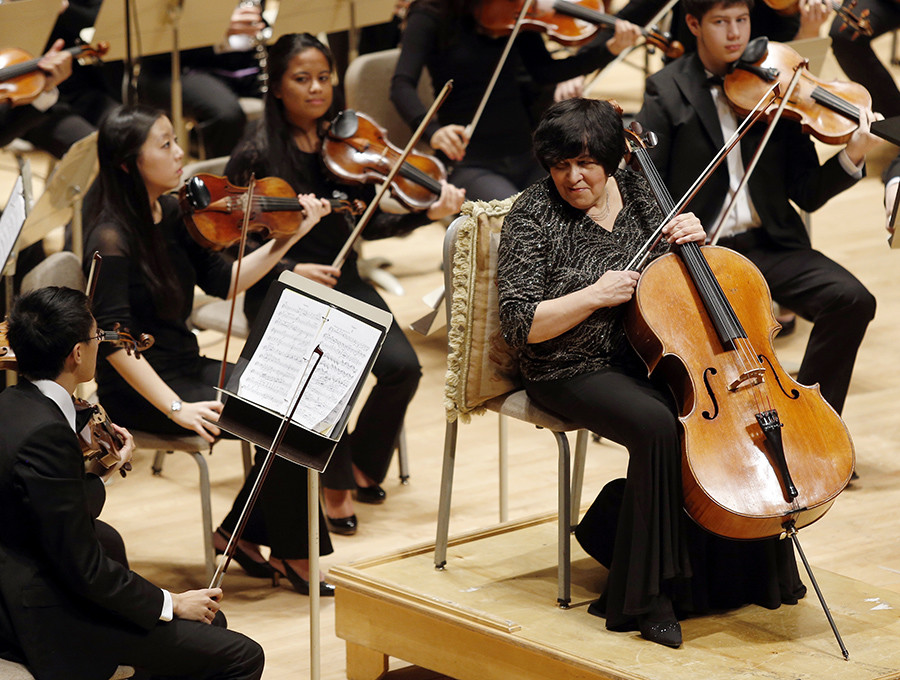
Gutman was born
People became the determining factor in Gutman’s career. Mstislav Rostropovich was her professor at the Leningrad Conservatory Graduate School. For many years she was part of Richter’s circle, performing with him and participating in his festival, Decembrist Evenings. A very special page in the history of music was Gutman’s duet with her husband, violinist Oleg Kagan. Today Gutman is a pedagogue and among her students is recent Tchaikovsky Competition Laureate Alexander Buzlov.
3. Gidon Kremer
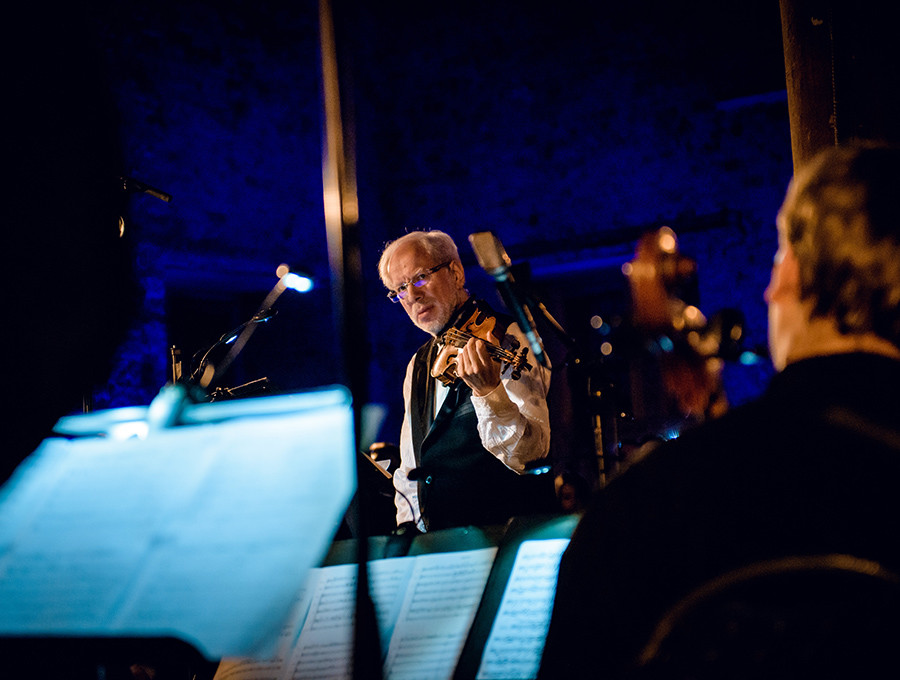
However, he did not become part of the international music industry, which involves an endless stream of concerts, traveling, planes, and hotels, plus different conductors, orchestras, and a relatively narrow repertoire to show one’s virtuosity. Kremer, who emigrated from the USSR, established his own festival and orchestra and began concentrating on the music of his
4. Hibla Gerzmava
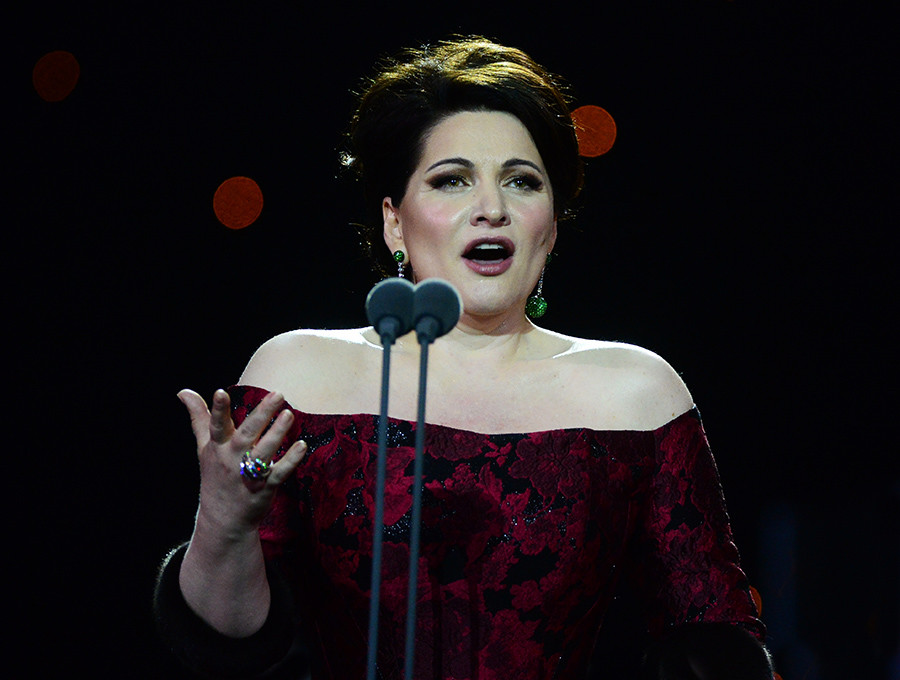
Soprano Hibla Gerzmava entered the competition while still a student at the Moscow Conservatory and won the Grand Prix, which was introduced in 1994. The victory of the young lady from Abkhazia 20 years ago created lots of
She chose the Stanislavski and Nemirovich-Danchenko Moscow Academic Music Theater as her professional platform, even though she had received offers from the Bolshoi and had an opportunity to move to the Mariinsky Theater. But she preferred to return to these important Russian theaters, as well as to the Metropolitan Opera in New York and Covent Garden in London, as a guest soloist, remaining faithful to the theater where she performed the likes of The Swan and the heroine in Offenbach’s The Tales of Hoffman, in which - and this is a unique case - she sings the three central female roles.
5. Lucas Debargue
At the last competition, in terms of results, the 24-year-old French pianist was an outsider: he received
If using any of Russia Beyond's content, partly or in full, always provide an active hyperlink to the original material.
Subscribe
to our newsletter!
Get the week's best stories straight to your inbox